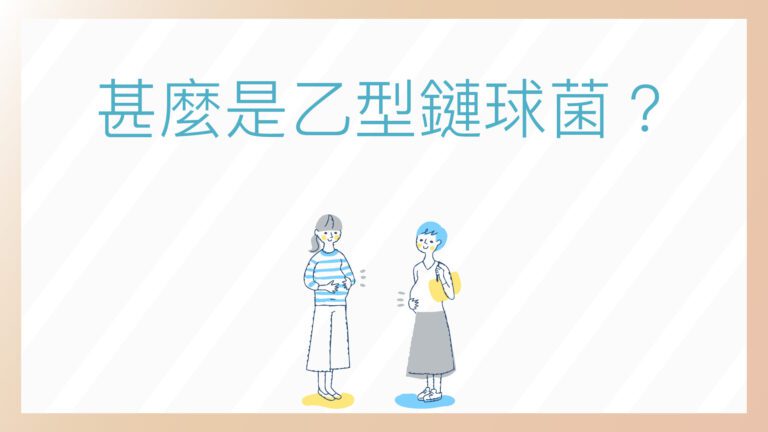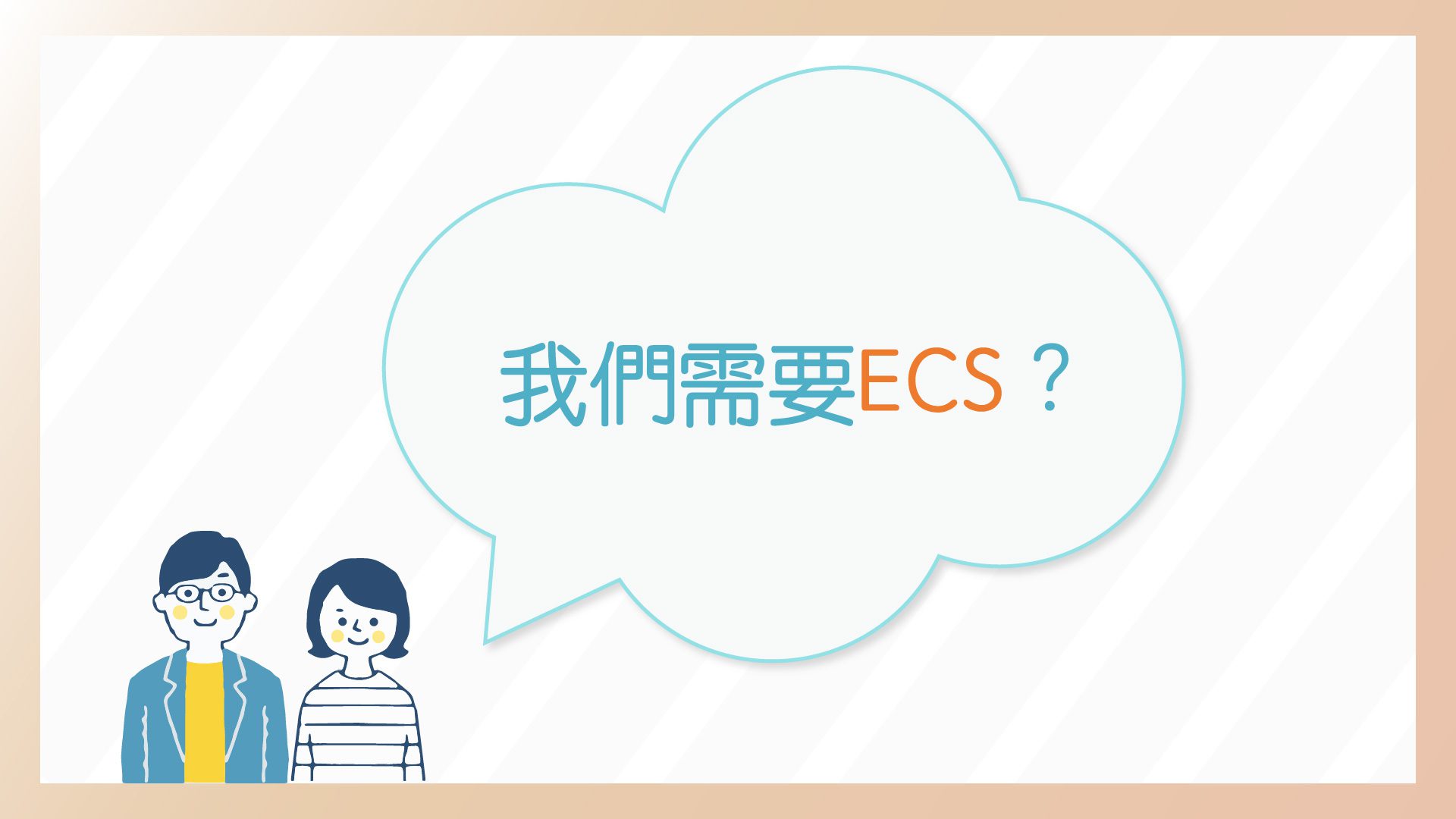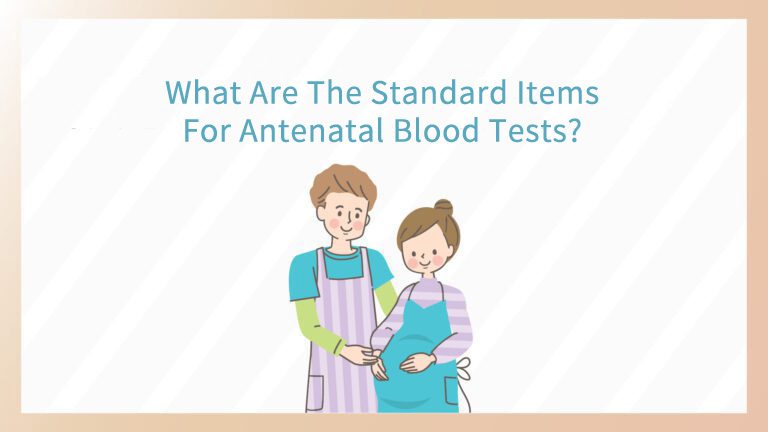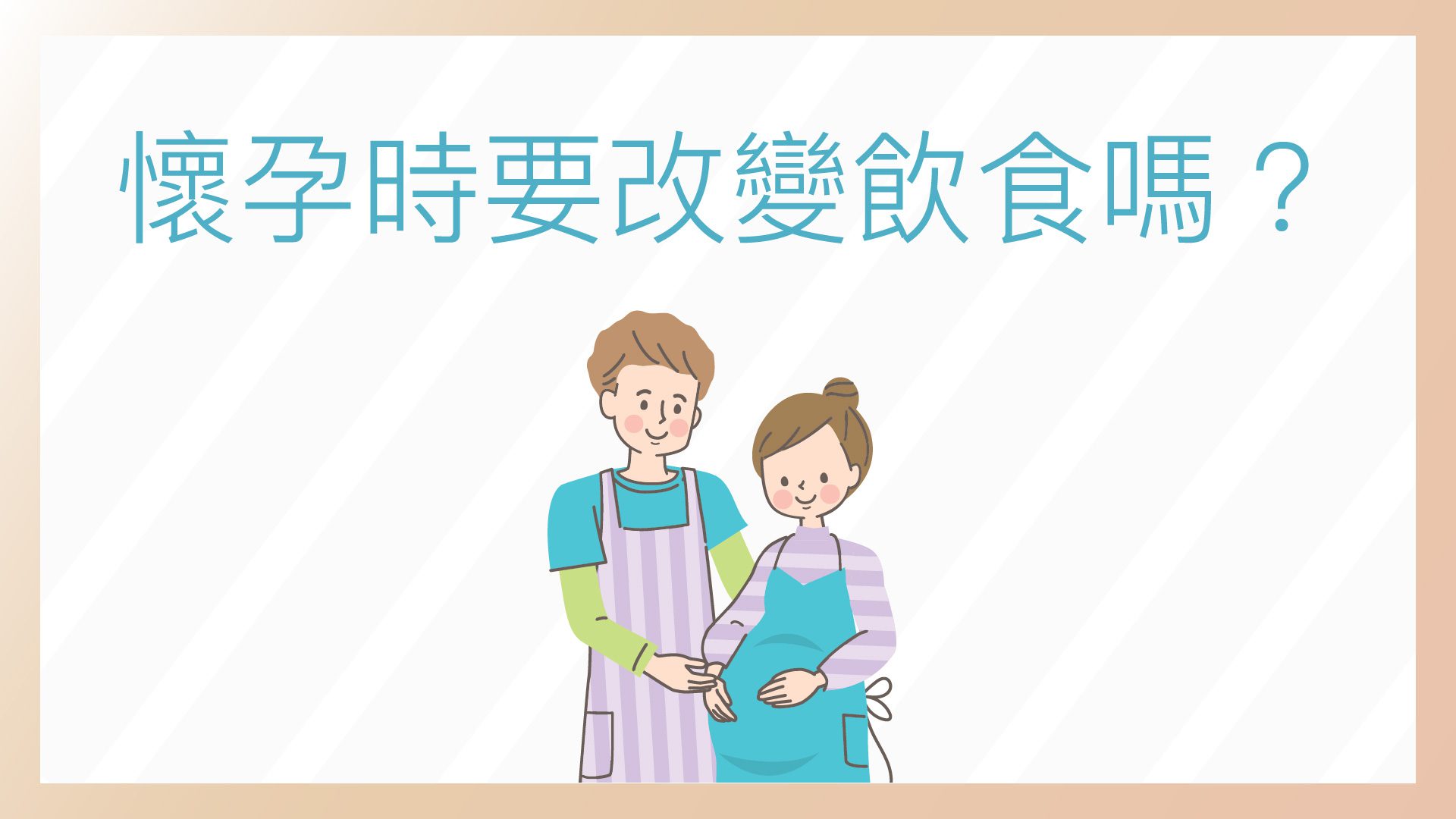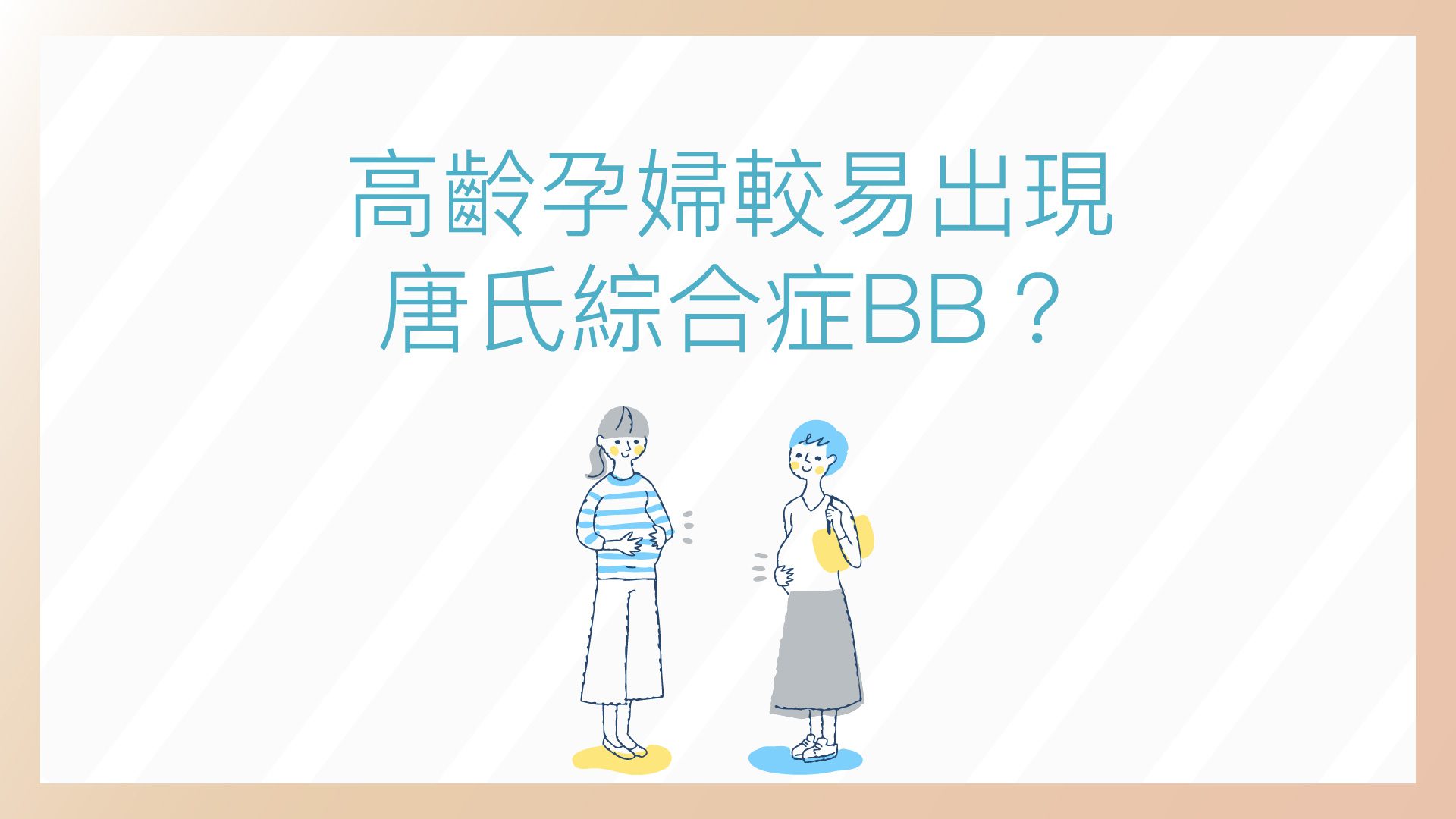Group B streptococcus (GBS) is a very common type of bacteria which normally lives in the intestine, urinary and reproductive tracts of men and women. It is not a sexually transmitted disease. Around 10 – 30% of pregnant women carry GBS bacteria in the vagina or rectum, and most of them do not have any symptoms. A small number may develop urinary tract infection and require treatment with antibiotics.
How does GBS affect the baby?
A mother carrying GBS late in her pregnancy can pass it to her baby during delivery. A baby who gets GBS infection may become seriously ill or even die. In Hong Kong, the incidence of early onset GBS infection in newborn is around 1.0 per 1000 births. Babies who get GBS may have early-onset or late-onset diseases.
What is early-onset GBS disease?
With early-onset disease, a baby typically gets sick within 12 to 48 hours after birth or up to the first 7 days. An early-onset disease may cause these complications:
-
Meningitis (infection of the covering of the brain or spinal cord);
-
Pneumonia (infection of the lungs);
-
Sepsis (infection in the blood);
-
A small number of babies die even with immediate treatment.
What is late-onset GBS disease?
With late-onset disease, a baby gets sick between a week to a few months after birth. The disease is usually caused by contact with the mother after delivery if she is infected. But it can also come from other sources too, such as contact with other people who have GBS.
Although not as common as early-onset disease, late-onset disease can also cause serious problems such as meningitis. In newborns, the signs and symptoms of meningitis can be hard to spot, these include:
-
lack of energy;
-
irritability;
-
poor feeding;
-
high fever.
If the baby has any signs or symptoms, parents should bring the baby to see a doctor as soon as possible.
How to find out if a mother is carrying GBS?
All expectant mothers are advised to have GBS screening between 35 – 37 weeks of pregnancy. The test involves taking a swab from the lower part of the mother’s vagina and then the rectum. The procedure is quick and should not be painful. The sample is then sent to the laboratory for culture. A mother may be test positive at certain times and not at others as the bacteria can be present in the body on and off. Therefore, it is preferred to perform the test between 35–37 weeks, which is the time closest to the delivery.
What to do if the screening test is positive?
Not all babies born to mothers with a positive test for GBS will become ill. Around one in 100 to 200 babies whose mothers carry GBS will have signs and symptoms of infection. If an expectant mother is test positive for GBS, she will be given intravenous antibiotics during labour which can greatly reduce the chance of the baby being infected.
Treating a GBS carrier mother with antibiotics before labour begins does not reduce the chance of her baby developing GBS infection because the bacteria can come back again before the baby is born. The one exception is when a urine culture, done at any time during pregnancy, shows that GBS is causing a urinary tract infection. In this case the mother will be prescribed an oral antibiotic to treat the infection.
Babies born to mothers with certain conditions will have higher risk of GBS infection. Therefore, a mother with any of these conditions do not have to be screened; even if she has been screened and the result is negative, she still needs intravenous antibiotics during labour in order to reduce the chance of the baby being infected with GBS. These conditions include:
-
The mother has urinary tract infection due to GBS during pregnancy;
-
The mother has GBS before 35 weeks;
-
A previous child affected by GBS infection;
-
Preterm labour (labour that starts before 37 weeks of pregnancy);
-
Water broken for longer than 18 hours;
-
The mother is running a fever during labour.
Treatment with IV antibiotics during labour is usually very effective. Babies rarely develop serious early-onset GBS infection with this treatment. Although antibiotic treatment during labour helps prevent early-onset GBS infection, it is not always effective, and does not prevent late-onset GBS infection. Babies may pick up GBS from people they come in contact with or through other means. Therefore, parents should stay vigilant at all times. If the baby has any symptoms, they should seek medical attention immediately.
